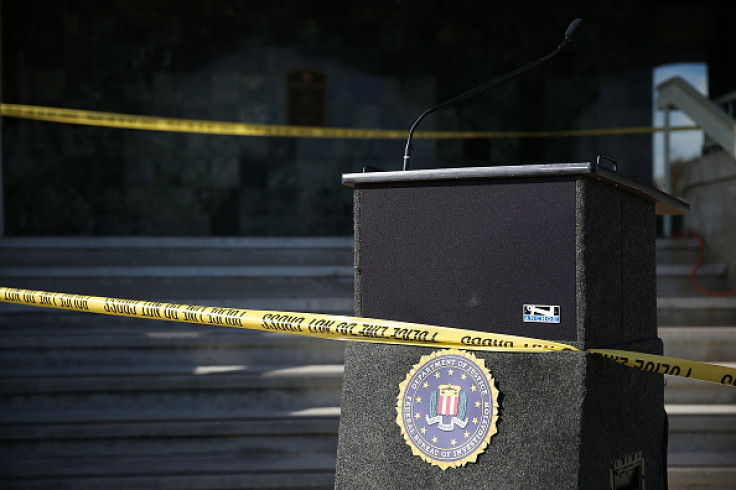FBI hacking evidence in Playpen case thrown out after agency declines to provide code

The FBI and its Tor manipulating hacking tool, which it calls Network Investigative Technique (NIT), have come under the spotlight, thanks to an ongoing trial that involves the prosecution of an alleged member of a child pornography website. The FBI was ordered by the court to reveal details about its hacking methods but it declined. This has prompted the judge overseeing the case to exclude the evidence obtained by the FBI.
In April the FBI was ordered to reveal the code for NIT, but the agency resisted by filing a sealed motion, requesting the judge to reconsider the demand. FBI agent Daniel Alfin also recently testified, stressing that NIT could not be considered malware and was a legitimate method of accessing data, given that it was sanctioned by a court and that it did not alter the security of the subject's computer. In other words, the FBI is maintaining that revealing NIT's codes is unnecessary for the case and the defence, Motherboard reported.
More from IBTimes UK
The case is US vs Jay Michaud. Michaud was one among thousands who was identified to be a member of Playpen – a dark web site featuring child pornography. He was arrested in July 2015 after the FBI successfully deployed the NIT onto the computers of suspected Playpen members and identified thousands of miscreants. In his statement, Alfin argued that revealing details about the NIT would in no way help the defence in determining how it worked once it was deployed onto Michaud's computer.
"Discovery of the 'exploit' would do nothing to help him determine if the government exceeded the scope of the warrant because it would explain how the NIT was deployed to Michaud's computer, not what it did once deployed. In layman's terms, an 'exploit' could be thought of as a defect in a lock that would allow someone with the proper tool to unlock it without possessing the key," said Alfin.
"Knowing how someone unlocked the front door provides no information about what that person did after entering the house. Determining whether the government exceeded the scope of the warrant thus requires an analysis of the NIT instructions delivered to Michaud's computer, not the method by which they were delivered."
Although judge Robert Bryan ruled that the FBI's hacking evidence be excluded from the trial, he mentioned that the case should not be dismissed entirely.
© Copyright IBTimes 2024. All rights reserved.






